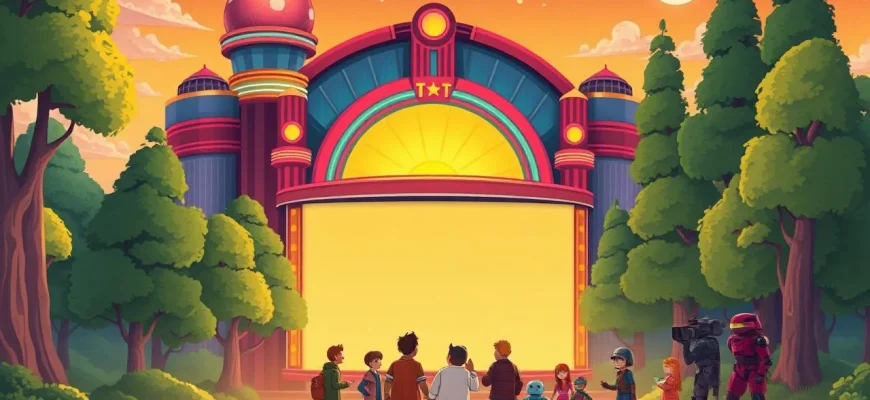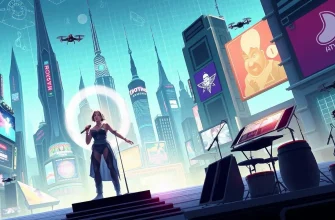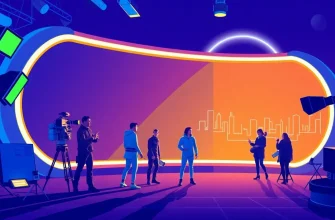Dive into a world where the silver screen meets the future with our curated list of sci-fi films that delve into the essence of cinema itself. These films not only entertain but also offer a meta-narrative on the art of filmmaking, exploring themes of creativity, technology, and the very nature of storytelling. Whether you're a cinephile or just love a good sci-fi twist, this collection promises to captivate and inspire.
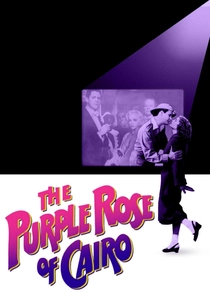
The Purple Rose of Cairo (1985)
Description: In this Woody Allen film, a character steps out of the screen to interact with the audience, exploring the magic and escapism of cinema.
Fact: The film was nominated for an Academy Award for Best Original Screenplay, highlighting its innovative storytelling.
 Watch Now
Watch Now
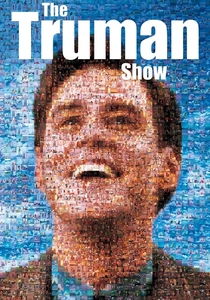
The Truman Show (1998)
Description: While not strictly sci-fi, this film's premise of a man living in a constructed reality for the entertainment of others is a direct commentary on the nature of television and cinema.
Fact: Jim Carrey's performance was critically acclaimed, showcasing his ability to handle dramatic roles.
 Watch Now
Watch Now

eXistenZ (1999)
Description: David Cronenberg's film blurs the lines between video games and reality, a theme that mirrors the immersive experience of cinema.
Fact: The film features Jennifer Jason Leigh and Jude Law, exploring the psychological effects of virtual reality.
 Watch Now
Watch Now

The Matrix (1999)
Description: While not directly about cinema, this film's exploration of reality versus illusion parallels the art of filmmaking, where directors craft worlds for audiences to escape into.
Fact: The Wachowskis were influenced by various philosophical and cinematic works, including Jean Baudrillard's "Simulacra and Simulation."
 Watch Now
Watch Now
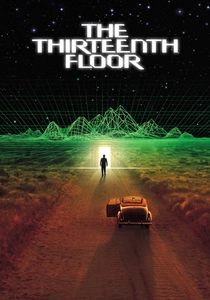
The Thirteenth Floor (1999)
Description: This film deals with virtual reality and the simulation of entire worlds, a concept that resonates with the creation of cinematic universes.
Fact: It's based on the German novel "Simulacron-3" by Daniel F. Galouye, which also inspired the TV series "Counterpart."
 Watch Now
Watch Now
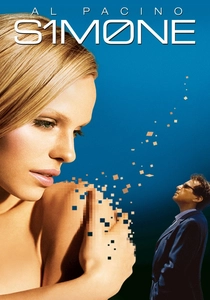
S1m0ne (2002)
Description: A director creates a virtual actress to save his film, leading to a commentary on the authenticity of art and the role of technology in cinema.
Fact: The film features Al Pacino, who plays a director whose career is revitalized by his digital creation.
 Watch Now
Watch Now
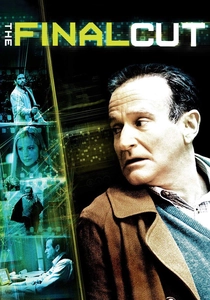
The Final Cut (2004)
Description: In a world where memories can be recorded and edited, this film examines the ethical implications of altering one's life story, touching on themes of privacy and the manipulation of reality.
Fact: The film stars Robin Williams in a dramatic role, showcasing his versatility as an actor beyond comedy.
 Watch Now
Watch Now

Inception (2010)
Description: Christopher Nolan's masterpiece delves into the dream world, akin to the dream-like state of watching a film, where layers of reality are constructed and deconstructed.
Fact: The film required the creation of a unique visual language to depict the dream layers, including the famous "Penrose stairs."
 Watch Now
Watch Now
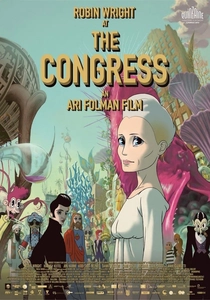
The Congress (2013)
Description: This film blends animation with live-action to explore a future where actors sell their digital likenesses to studios, raising questions about identity and the future of cinema.
Fact: The film is loosely based on Stanislaw Lem's novel "The Futurological Congress" and features Robin Wright in a role that blurs the lines between reality and fiction.
 Watch Now
Watch Now
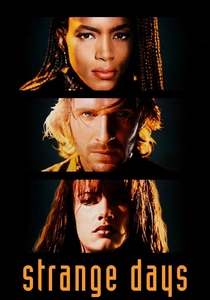
Strange Days (1995)
Description: Set in a near-future where people can experience others' memories, this film explores voyeurism and the commodification of personal experiences, much like cinema.
Fact: Kathryn Bigelow directed this film, which was ahead of its time in exploring virtual reality and personal data.
 30 Days Free
30 Days Free

